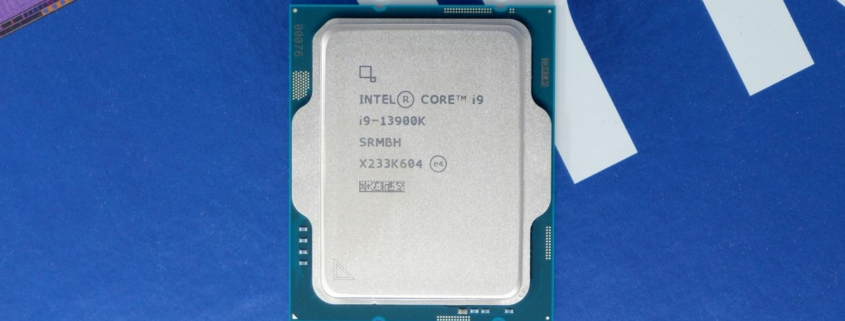2022 market downturn the worst in PC processor history according to new data
The tech sector is suffering a bit of a down. This much we already knew, what with Intel bleeding cash (opens in new tab) and Google (opens in new tab), Dell (opens in new tab) and others bleeding, well, people. But according to Mercury Research (opens in new tab) when it comes to the CPU market specifically, things aren’t just bad, they’re likely the “worst in PC market history on both a unit and revenue basis.” Ouch.
In its latest market report, Mercury says PC unit sales in 2022 excluding systems running ARM chips totalled 374 million, down 21% on the previous year. That’s the worst performance in the 30-year period that Mercury Research has been tracking PC sales volumes.
Mercury says that Intel’s desktop sales fell particularly precipitously at the end of 2022, leading AMD to pick up market share, which is something of a surprise given the broader narrative that Ryzen 7000 series (opens in new tab) hasn’t been a huge success.
Overall, Mercury reckons AMD gained 2.8 points of market share including server CPUs and IoT chips in the fourth quarter of 2022 to reach 31.3 percent. For the year as a whole, AMD achieved 29.6% market share. Intel is still the bigger fish, then. But no longer is AMD a minnow in comparison.
That said, Intel is still pretty dominant in some segments, with 81.4% of the desktop CPU market at the end of 2022 and 83.6% of the mobile market. Another surprise is that it’s the mobile market that has actually performed the worst, with the largest on-year decline of any segment as well as the largest on-year decline ever recorded.
Anyway, what Mercury doesn’t tease out in its numbers is the PC gaming market specifically. Roughly 10 years ago, the broader PC market looked pretty gloomy while the actual PC gaming market was going gang busters.
So, bad news for the PC generally doesn’t necessarily spell doom for PC gaming. But all indications are that the market is awfully slow. What implications this all has for the long term is hard to say.
Most analysts only see computing becoming more important over time, what with predictions of explosive growth in the use and impact of various AI systems adding to the ever more ubiquitous growth of connected devices.
But in the short to medium term, and apologies for banging the same old drum, we can only hope that poor market conditions help push prices down on that most critical of PC gaming components, the graphics card.




